Space-Time Information Processing
$49.00
Space-Time Information Processing by Alan Winder and Charles J. Loda ISBN: 9780932146045
In these days where we use fast Fourier transforms and digital filtering in a myriad of uses, it is all too easy to overlook some of the more obscure limitations placed on the mechanics of signal processing. Many of these limitations are nuanced and easy to be unaware of, especially for the newcomer to signal processing arena. Space-Time Information Processing examines these limitations, guiding engineers and analysts away from the hidden pitfalls of misinterpreted data and analysis. Robert Otnes, distinguished consultant in the field of signal processing, wrote in the preface to this book: “There is a wealth of material in Space-Time Information Processing and anyone doing signal processing or data analysis will benefit from its use as a reference tool. It is a great source for basics and nuances that should have been taught in school but somehow never came up. As an author and consultant in the field of signal processing, I must confess that in only the first twenty minutes of reading, I found two gems of information that were of significant help to me.”
Space-Time Information Processing is a comprehensive and readable reference work that addresses the fundamentals of signal processing. It concisely draws together theory and practice common to space-time information processing for sonar, radar, communications, optics, and radio astronomy systems. This volume provides guidelines for the analytical and actual measurement aspects of multi-dimensional processing. Included in the book are the Fourier transform; statistical analysis; correlation and spectral analysis; spatial and temporal limitations; orthogonality and integral transforms; linear spatial systems; optimal filtering; and interpretation of results.
The authors, Alan Winder and Charles J. Loda, were influential scientists in the application of advanced signal processing for signal detection in underwater acoustics in Navy problems. Dr. Loda’s distinguished career included work with the New London Underwater Sound Laboratory, Office of Naval Research, the EDO Corporation and the Institute for Defense Analysis. He pioneered work in reduction of self-noise array elements, adaptive beam forming and space-time processing. Alan Winder was noted expert in signal processing for sonar and radar systems.
Reviews
There are no reviews yet.
Related products
Noise Control
Aeroacoustics
Aeroacoustics
Aeroacoustics
Antisubmarine Warfare
Propagation
Antisubmarine Warfare
Principles of Underwater Sound, Third edition (Soft and Hard Covers)
Signal Detection

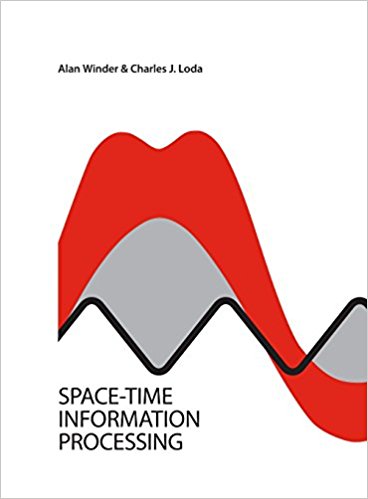
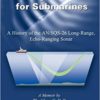
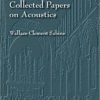
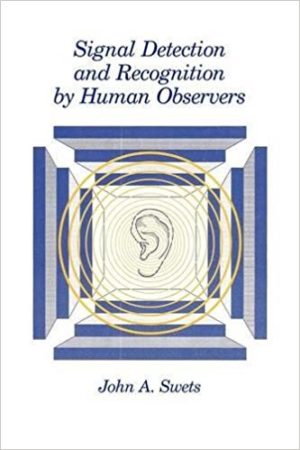
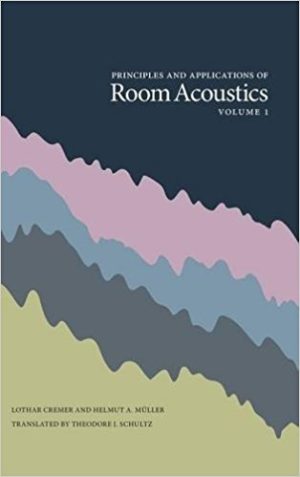
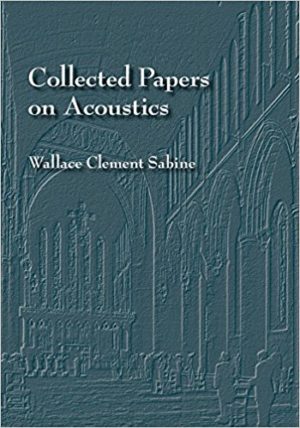
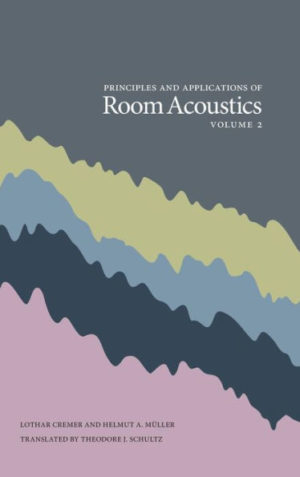
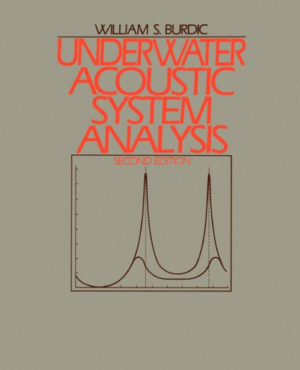

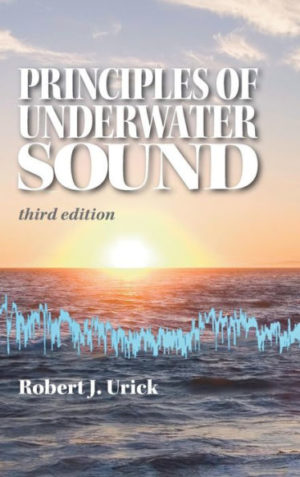
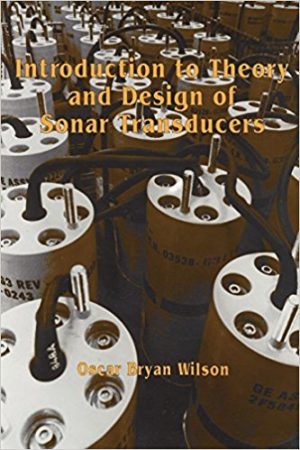
Be the first to review “Space-Time Information Processing”